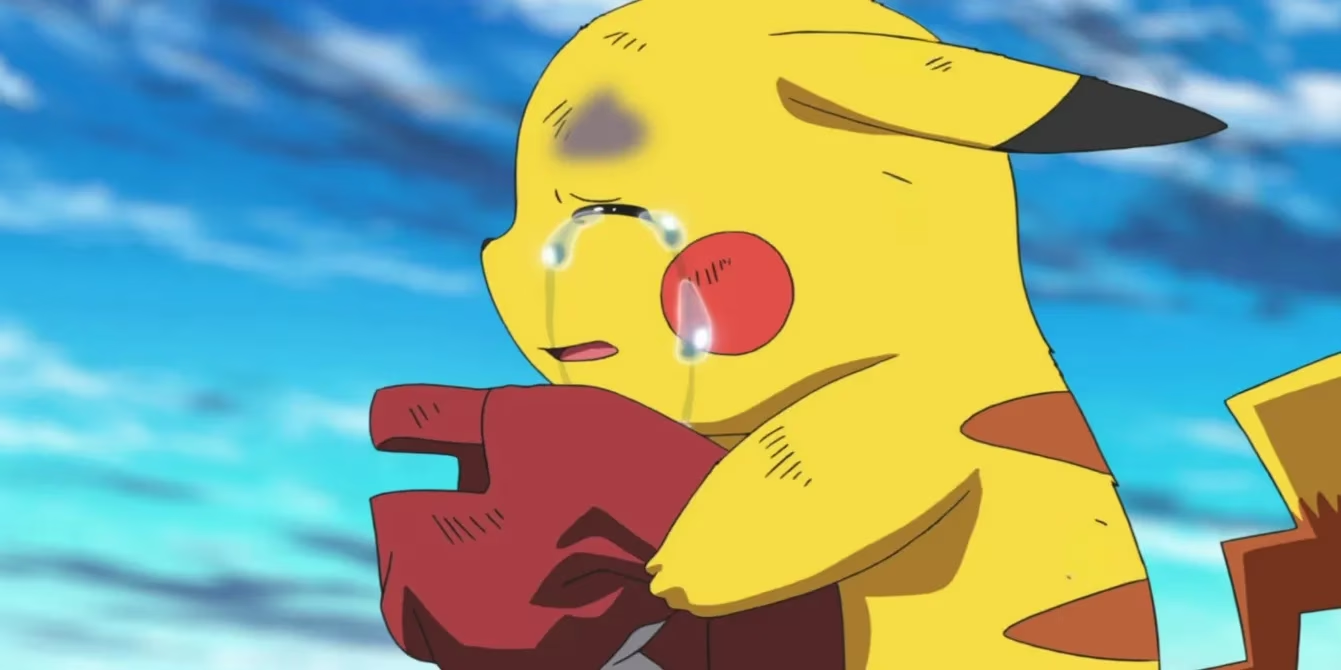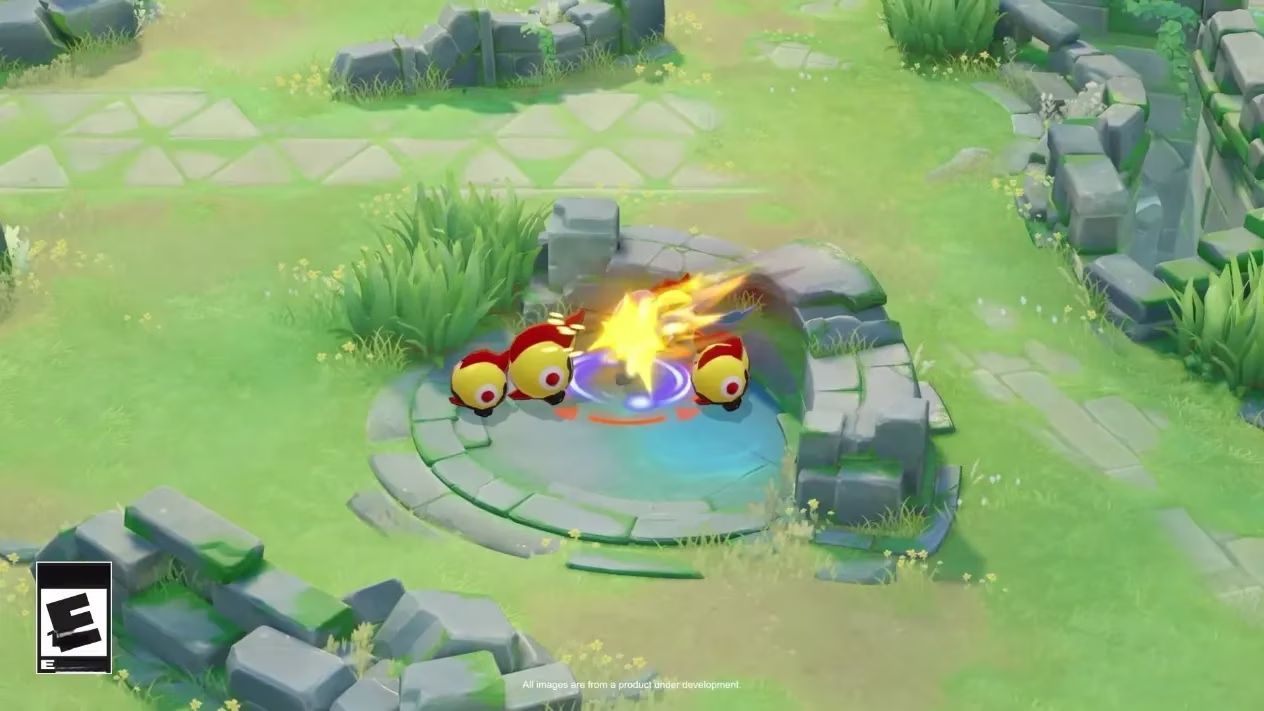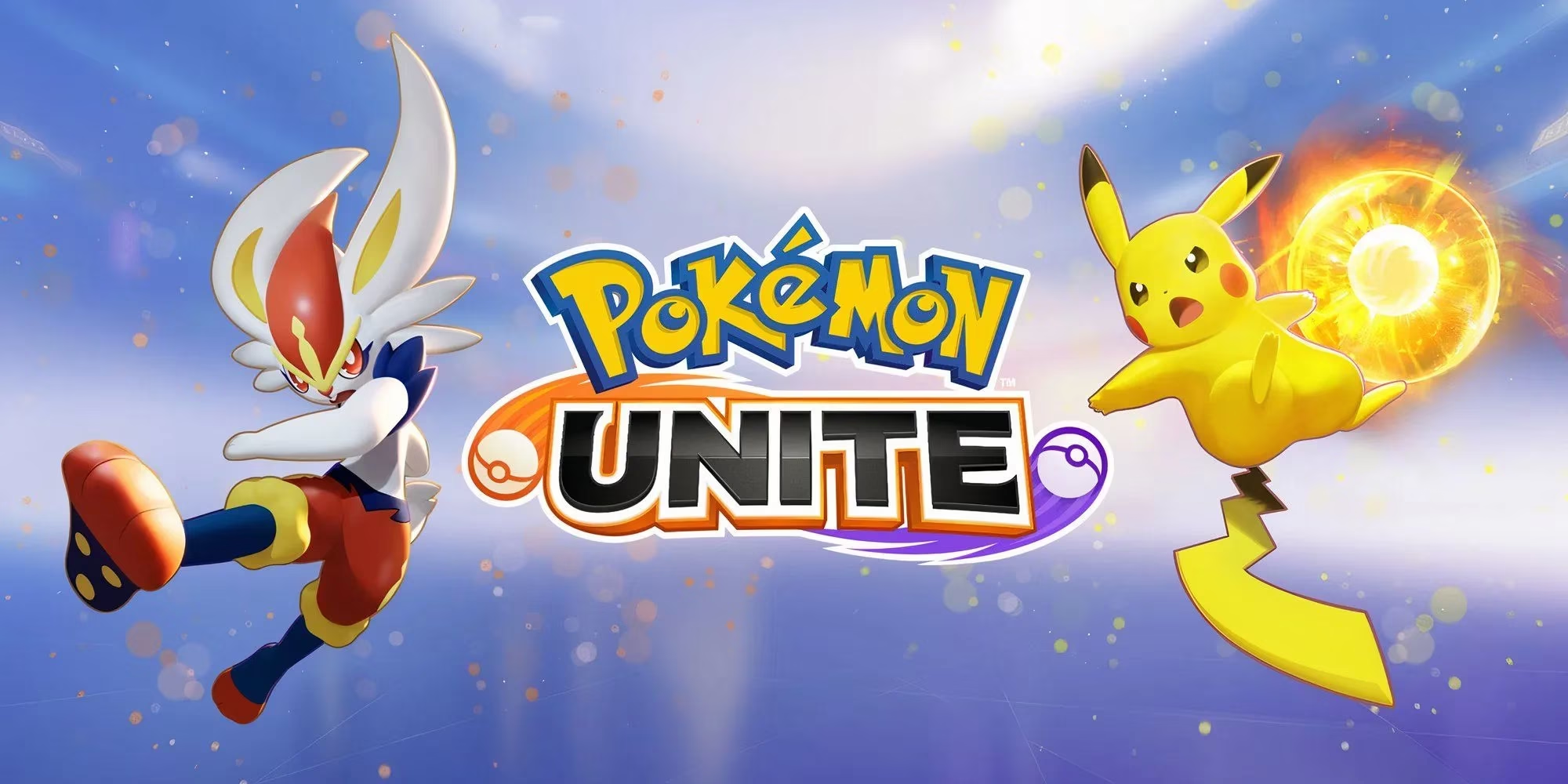Golden light once danced across the digital battlefields where trainers clashed in joyous unity, but now a shadow creeps across two nations. The vibrant chaos of Pokémon Unite, where Pikachu's thunderbolts crackled beside Greninja's watery shurikens, grows dimmer by the day in Belgium and the Netherlands. For over 200 million players worldwide, this arena had become a home – a place where strategy and spectacle intertwined with childhood nostalgia. Yet in these European lands, the final countdown ticks toward November's end, leaving trainers to clutch fading memories like dried autumn leaves. A quiet grief permeates the community, that particular sorrow reserved for worlds that vanish while still breathing elsewhere. 
The announcement arrived like frost on summer grass – unexpected and irreversible. Nestled in the game's notification menu twelve moons prior, the revelation seemed almost apologetic in its digital mundanity. Players scrolling through daily missions suddenly encountered the obituary of their own joy. How strange that a universe of such electric vitality could be extinguished by the cold language of legislation. Microtransactions, those glittering Aeos gems that fueled cosmetic dreams and competitive edges, became the unintended assassins. Governments saw gambling risks where children saw Charizard skins; regulators perceived danger in the very mechanics that made victory taste sweeter. One can't help but wonder if lawmakers ever felt the rush of a last-second goal scored with Cinderace's blazing kick.
The Two Kingdoms Left Behind
As November's chill settles, only Belgium and the Netherlands must relinquish their controllers. Since October's end last year, the game's virtual economy froze – no more gleam of new gems, no renewing Unite Club privileges. What remains is a ghostly limbo where players wander familiar maps knowing each match could be their last dance with favorite Pokémon. The ache is palpable in online forums: Dutch players sharing screenshots of final Falinks formations, Belgian trainers organizing farewell tournaments in Antwerp cafes. 
Short paragraphs carry long sorrows:
-
A teenager in Amsterdam deletes the app weeks early because "watching the timer hurt"
-
Parents in Brussels console children who don't understand why their "special game" must die
-
Ranked warriors abandon ladder climbs, playing only quick matches "to hear the music longer"
Such intimate tragedies unfold beneath the towering indifference of corporate reality. TiMi Studio and The Pokémon Company offered no compromises, no reworked mechanics to satisfy regulators. Was the effort too great? The player base too small? The silence echoes louder than any in-game ping.
The Ripple Across Digital Seas
Though only two nations drown now, the tide may yet rise. Other lands watch with nervous eyes as live-service games evolve like restless Metapods. New currencies emerge; policies shift; legislation tightens its grip. What safeguards today become shackles tomorrow? Pokémon Unite's fate whispers a warning to every title built on microtransactions: you too are fragile. You too could vanish where laws deem your magic dangerous.
Yet in this sunset, one glimpses unsettling beauty. The way communities rally in twilight hours, sharing strategy guides like heirlooms. How trainers record montages of their finest Lucario moments, preserving digital glory against oblivion. There's poetry in how a game criticized for its 2022 subscription model now receives tearful tributes. Perhaps we only treasure what we know we're losing. 
The servers will darken. The battles will cease. But somewhere in Rotterdam, a teenager keeps screenshots of his MVP trophies. In Ghent, friends still recount that impossible comeback with Eldegoss. These fragments persist like fossils in stone, proof that something vibrant once thrived here. When the final "Defeat" screen fades on November 30th, what remains isn't just absence – it's the ghostly afterimage of joy, lingering like static electricity after a thunderstorm. And perhaps that's the most haunting question of all: when virtual worlds die, where do our memories of them truly live?